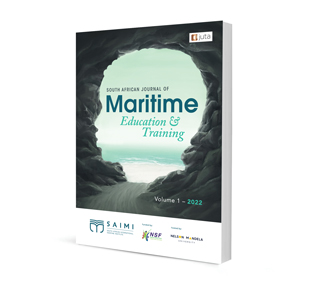Estimating the Property Taxation in WAEMU Countries: an Analysis

Estimating the Property Taxation in WAEMU Countries: an Analysis
Authors: Djibril Adékola Fatoumbi and Alastiar Sena Alinsato
ISSN: 2709-8575
Affiliations: Chercheur la Direction Gémérale des I Imyôts du Bénin; Enseignant-chercheur à l’Université d’Abomey-Calaru
Source: African Multidisciplinary Tax Journal, 2022 Issue 1, p. 268-287
https://doi.org/10.47348/AMTJ/V2/i1a14
Abstract
The question of efficient domestic tax revenue mobilisation in developing countries has continued to receive particular attention in recent years. This article evaluates the potential of property tax revenues in Western African Economic and Monetary Union (WAEMU) countries. To this end, three methods were employed using data from the Government Financial Statistics (GFS) of the International Monetary Fund (IMF) and the World Bank’s World Development Indicators (WDI). The Hodrick-Prescott filter method (1980) further allowed for a chronological estimation of the potential of property taxes while the optimisation model of Scully (1995) facilitated a punctual estimation of the potential informs concerning the significance of the parameters. Finally, the quadratic model of Laffer (1981) completed the results of Scully’s model. Overall, the results demonstrate the existence of sub-optimality in the collection of property taxes in WAEMU countries.
